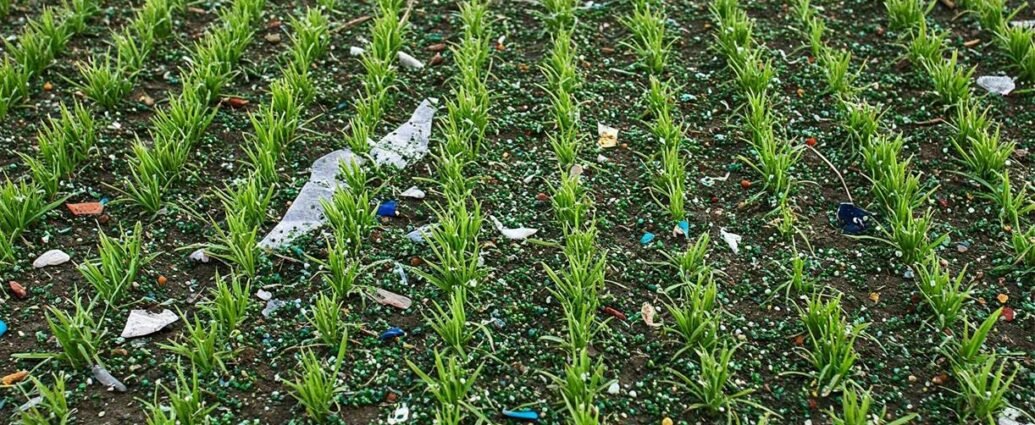Scientists now believe that microplastics which have penetrated every corner of Earth including clouds, rocks and human organs present a major danger to the world’s food supply. Research findings now show that microplastics cause problems for plant photosynthesis leading to potential world-wide crop yield decreases.

A new meta-study examined 157 studies to assess the impact of microplastics on plant life. The research shows that microplastics reduce photosynthetic efficiency by 12%, thus potentially causing a 4-14% loss in key crops like wheat, rice, and maize globally.
This reduction in photosynthesis directly impacts crop yields, posing a serious threat to food security. “Humanity strives for more food; however, plastic pollution undermines this,” the study emphasizes.
How extensive the problem really is, however, remains a subject of debate. Experts caution that more research is needed to confirm the extent of microplastics’ impact on crop yields. They have raised doubts about the quality of data which might have led to over-speculation about the effects of contamination.

Despite these debates, the growing crisis of plastic pollution is undeniable. But the worldwide attempts to resolve this matter have progressed at a sluggish pace. International negotiators at the United Nations failed to establish a plastic pollution reduction treaty in December last year because oil-producing nations opposed limits on plastic production.
The failed talks highlight how much work remains, despite the existential threats plastic pollution and microplastics already pose.
Reference- The Guardian, Journal Proceedings of the National Academy of Sciences, National Geographic






